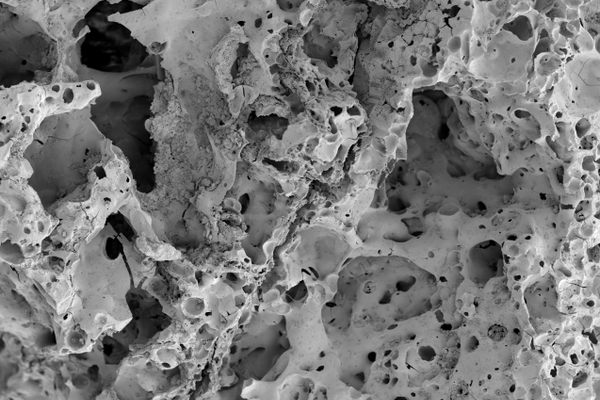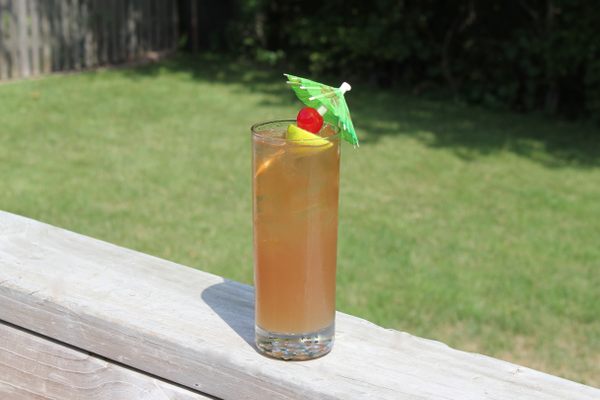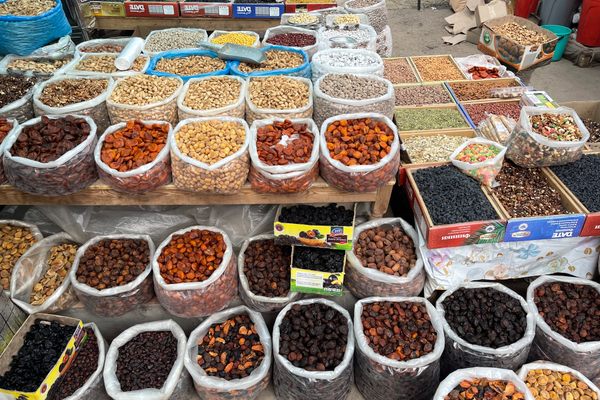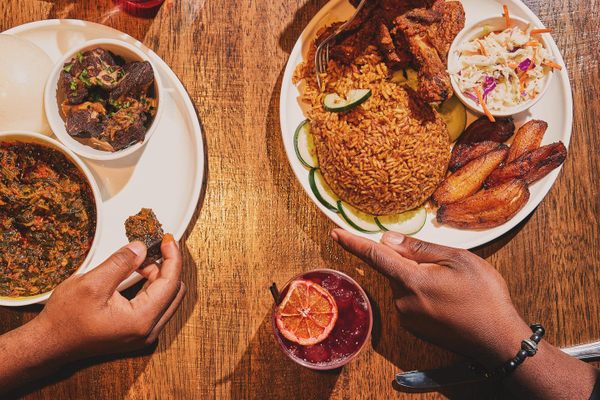Worldwide Fake Food Crackdown Seizes Monkey Meat, Locusts, Painted Olives
There were also Kalashnikovs, chicken intestines, and sardines.

Interpol headquarters in Lyon, France. (Photo: Massimiliano Mariani/CC BY-SA 2.0)
Thousands of cans of falsely labelled sardines in Bolivia; 1,300 bottles of fake whiskey in Zambia; several kilograms of monkey meat in Belgium: these were among the discoveries reported by Interpol recently after its worldwide crackdown on counterfeit food.
The operation, carried out over several weeks beginning in November 2015, targeted shops, markets, seaports, and airports, and involved police and customs officials, among others. It targeted 57 countries and ultimately seized over 11,000 tons of fake food and more than 250,000 gallons of fake alcohol.
Fake or falsely labelled chicken intestines, chocolate, tilapia, diet powder drinks, non-alcoholic sparking wine, honey, peanuts, beef, buffalo meat, sugar, and olives painted to enhance their color were among the other foodstuffs taken by police agencies, Interpol said last week in a news release.
In South Korea a man was arrested for selling $170,000 in fake weight loss pills. In France, police seized 24 pounds of locusts and 44 pounds of caterpillars. In Burundi, investigators found nearly 10,000 gallons of fake alcohol—and also stumbled upon nine Kalashnikov rifles and three grenades.
“Fake and dangerous food and drink threaten the health and safety of people around the world, who are often unsuspectingly buying these potentially dangerous goods,” said Michael Ellis, an Interpol official.
The latest operation is part of an Interpol program that began five years ago, which has only grown in size, officials said. Think long and hard, in other words, before you decide to try to pass off those peanuts as pine nuts.
Gastro Obscura covers the world’s most wondrous food and drink.
Sign up for our email, delivered twice a week.
























Follow us on Twitter to get the latest on the world's hidden wonders.
Like us on Facebook to get the latest on the world's hidden wonders.
Follow us on Twitter Like us on Facebook